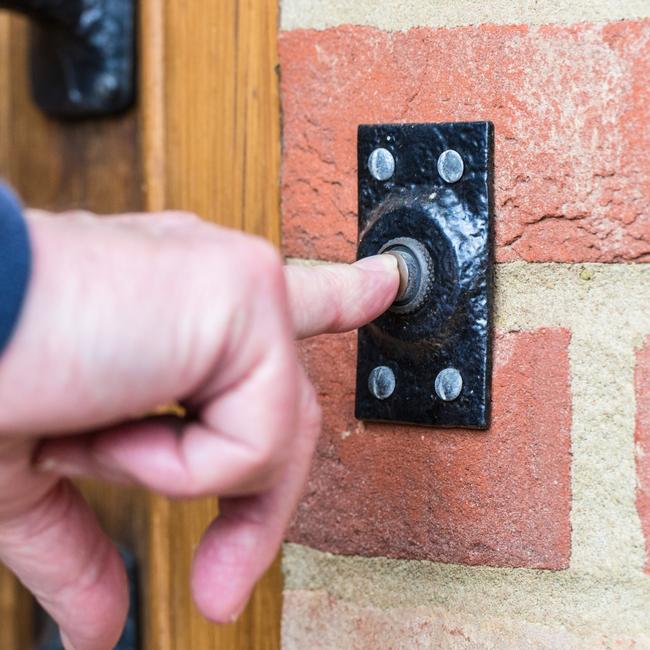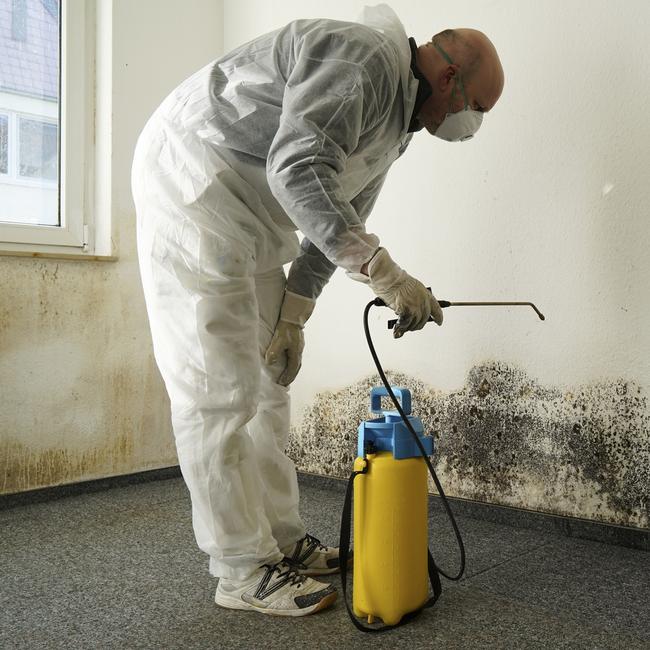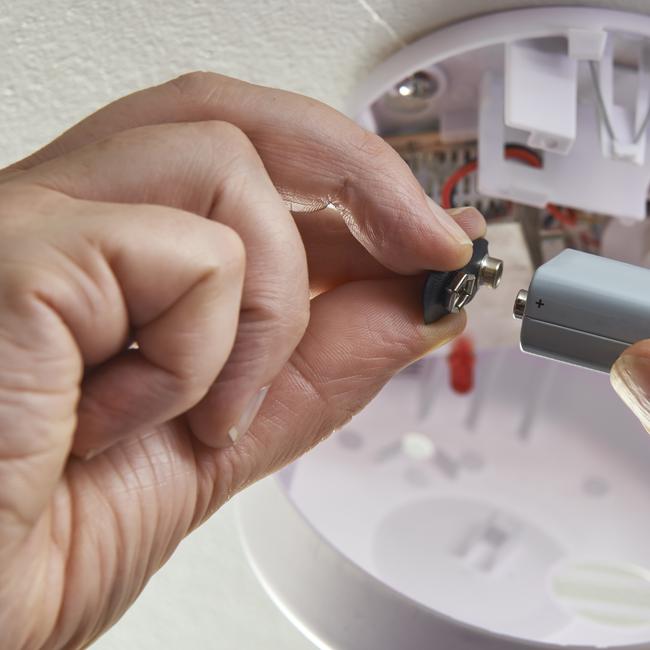Rental rights: 10 ways to p*ss off your property manager
From dogs to door knocks, we’ve scoured through Queensland’s real estate rules to find 10 things you should know as a renter.

Lifestyle
Don't miss out on the headlines from Lifestyle. Followed categories will be added to My News.
Landlords can only increase rent every sixth months, and a tenant can refuse an inspection on a public holiday, under little-known rental rules.
We’ve dissected pages of legislation and found 10 such rules that directly benefit tenants.

Entry times
Tenants must be given seven days’ notice before a property manager visits for a regular inspection, which may only occur once every three months. The property manager cannot enter a property for a regular inspection on Sunday or a public holiday unless the tenant agrees. Correspondence over social media, text messages or emails must have a specific form attached (Form 9, or Form R9) to be a valid inspection notice.

Pets
If the tenant wants to add a pet to the family, the request must be documented in Form 21. The request is automatically approved if the property manager does not respond in 14 days, or if the response does not state whether the property manager approves or denies the request and does not list the conditions of approval or reasons for denial.
If the rental property is subject to Queensland’s body corporate by-laws the tenant may be required to seek approval from a body corporate committee in addition to the property manager.

Inspections
While conducting an inspection, a property manager must check for water leaks, pests, damage or deterioration to the property, ensure any inclusions and property fixtures are working and look at any future maintenance items that may need to be addressed.
Property managers are not allowed to check whether a tenant has kept their housework up to date such as making sure all clothes are ironed.
The property however must be in good condition for the inspection to run smoothly.

Quiet enjoyment
All tenants are entitled to reasonable peace, comfort and privacy and must be able to make full use of the property.
A property manager cannot turn off essential services such as water and electricity during the tenancy and cannot enforce rules around who can enter the property.

Emergency repairs
Tenants can pay for emergency repairs such as a blocked or broken toilet, flooding or a gas leak, however receipts must be kept and the property manager must pay the tenant back within seven days for the repairs.

Outdoor spaces
If a lawn or tree dies due to council water restrictions, the tenant cannot be held responsible. The tenant may pick fruit off fruit trees unless there has been a special inclusion in the agreement forbidding it.
The tenant cannot be required to enter a maintenance contract with a particular provider in addition to their rent and the property manager cannot require use of an exclusive company (such as only allowing contractors who run a Jim’s Mowing franchise).

Smoke alarms
The property manager must test and clean smoke alarms, replacing any flat or nearly flat batteries within 30 days before the start of a tenancy, including renewal tenancy agreements.
Smoke alarms must also be installed on each storey, in each bedroom, in hallways, or between bedrooms and other parts of the storey.
If there are no bedrooms on a storey, at least one smoke alarm must be installed in the most likely path of travel to exit the dwelling.

Rent increases
Any increases to rent must be a minimum of six months since the last increase and only enforced if at least two months notice has been given.
Fixed term agreements have additional requirements, with rental increases only allowed if the agreement states that the rent will be increased and that the new rate is listed (or alternatively, a method to determine the new rate).

Rent non-payment
The property manager is unable to remove the tenant from a property unless the tenant is 21 days behind in rent.
If the rent is more than seven days overdue the property manager will issue a Form 11, giving the tenant seven days to pay the outstanding rent (including new rent that is due during the breach process.)
If the rent is paid at that time the agreement will continue.
If two weeks have passed the property manager will issue a Form 12, giving the tenant seven days before they will be removed from the property.

If the property is sold
A tenant cannot be forced to leave a property if they are on a fixed term agreement and the property they are living in is sold.
The property manager, or owner, can offer compensation to end the agreement early but the tenant is not required to accept.
Tenants on periodic agreements must be given at least two months notice after the contract of sale is signed.
Are there any helpful rules we missed? Share them in the comments below!




